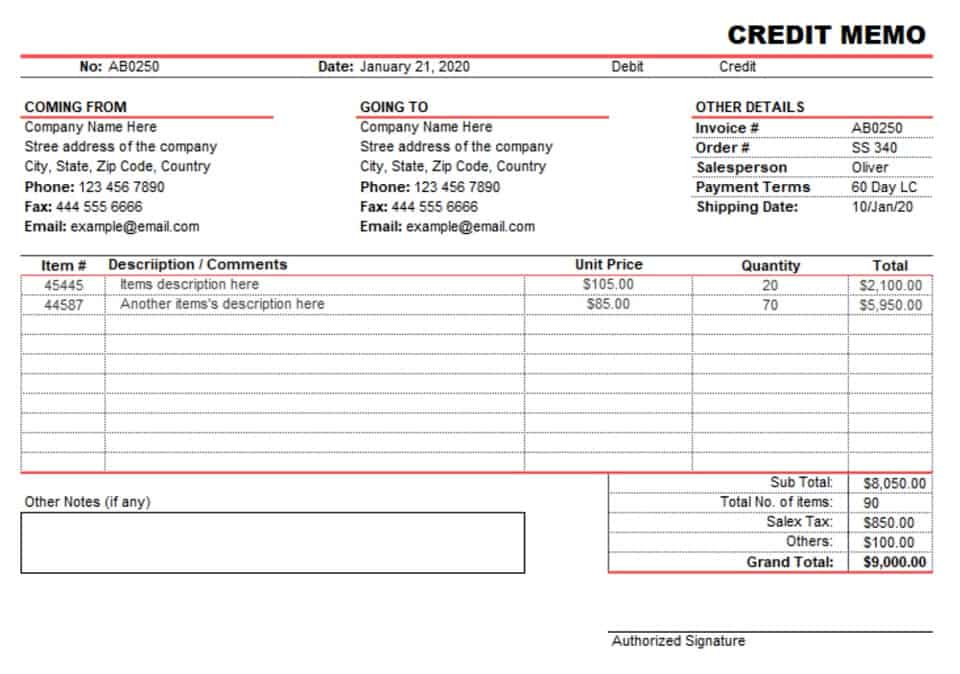Sole Proprietor Accounting: The Ultimate Guide

Seeking professional help when handling complex or significant mistakes can prevent further issues and ensure compliance with accounting regulations. Evaluating which structure is more suitable depends on factors like risk tolerance and growth aspirations. For instance, if someone values protection against personal liability more than operational ease, an LLC might be preferable. Sole proprietors have unique opportunities for tax savings through various strategies tailored to their business structure.
- Keeping personal and business finances separate is crucial to avoid confusion and potential issues down the line.
- Mixing funds can complicate tax reporting and obscure the true financial position of the business, making it challenging to assess profitability accurately.
- This information empowers them to make strategic decisions that can positively impact their bottom line.
- For instance, Line 27 allows for deducting the cost of goods sold if applicable to the business.
- Cons may involve unlimited personal liability for debts, potential difficulty in raising capital compared to other business structures like LLCs or corporations.
What are the pros and cons of operating as a sole proprietorship from a financial standpoint?

Cash basis accounting records transactions when money actually changes hands, while accrual basis accounting records them when the transaction Certified Bookkeeper occurs. From separating personal and business finances to maximizing deductions and staying compliant, this guide offers practical insights to help you manage your finances effectively. By closely monitoring accounts receivable, you can stay on top of outstanding payments and take necessary actions to recover them promptly.
- Registering your sole proprietorship with relevant authorities ensures compliance with regulations.
- This practice aids in preparing financial statements efficiently and facilitates tax filings come tax season.
- Recognizing the advantages and disadvantages of being a sole proprietor is a crucial step that can help.
- Choosing between the two involves understanding legal implications regarding personal asset protection.
- Navigating sole proprietor accounting, including reliable bookkeeping and managing financial transactions, can be daunting for small business owners.
- By keeping track of profit and loss updates, sole proprietors gain insights into their financial standing.
Financial Records
For example, while sole proprietors enjoy flexibility in decision-making, they also bear all financial risks personally. As a sole owner, you have the freedom to make quick decisions and adapt swiftly to market changes. This agility allows business owners to respond promptly to shifting customer demands, giving you a competitive edge.

Tax Considerations
- Analyzing revenue, expenses, and net income trends helps in making informed decisions about the company’s financial health.
- Moreover, the inherent nature of sole proprietorships enables owners to operate with minimal bureaucracy.
- Sole proprietors must file federal, state, and local tax returns timely to avoid penalties.
- This practice ensures that financial statements provide an accurate snapshot of the business’s financial health.
- As a sole owner, you have the freedom to make quick decisions and adapt swiftly to market changes.
This streamlined decision-making process enhances your ability to seize opportunities promptly and tailor your operations according to market dynamics. Exploring available credits such as the Qualified Business Income Deduction (QBI) can further optimize tax savings for sole props. Maintaining detailed records of all income and expenses throughout the year simplifies the tax filing process when reporting on Schedule C. Establishing a solid foundation for your bookkeeping system involves setting up separate accounts to avoid commingling personal and business funds. Recognizing the advantages and disadvantages of being a sole proprietor is a crucial step that can help.
- Seeking professional assistance is advisable when dealing with complex or significant errors.
- Maximizing deductions like home office expenses or self-employment taxes can significantly reduce taxable income.
- As a sole proprietor, it’s essential to be knowledgeable about correcting errors in financial statements or tax returns.
- Maintaining detailed records of all income and expenses throughout the year simplifies the tax filing process when reporting on Schedule C.
- Cash basis accounting records transactions when money actually changes hands, while accrual basis accounting records them when the transaction occurs.
- Obtaining necessary licenses or permits legitimizes your business operations in the eyes of the law.
Good sole proprietor accounting involves understanding tax reporting requirements. Sole proprietors must file federal, state, and local tax returns timely to avoid penalties. As a sole proprietor, it’s essential to be knowledgeable about correcting errors normal balance in financial statements or tax returns. Understanding the process of filing amended tax returns is crucial if inaccuracies are discovered after submission. Implementing internal controls is crucial for sole proprietor accounting to minimize mistakes.
Choosing between the two involves understanding legal implications regarding personal asset protection. Financial data provides valuable insights that enable sole proprietors to navigate decision-making processes effectively. By weighing different options based on financial implications, they can steer their businesses towards success.
Invoicing Processes

Maximizing deductions like home office expenses or self-employment taxes can significantly reduce taxable income. Look for an account that aligns with your business needs and offers favorable terms like low fees or high-interest rates. Opting for online banking features can streamline financial management tasks efficiently. Regularly reviewing account balances is essential for maintaining accurate bookkeeping. Seeking professional assistance is advisable when dealing with sole trader accounting complex or significant errors. Remember, meticulous bookkeeping not only facilitates day-to-day operations but also sets the foundation for sustainable growth.
Timely identification of overdue payments allows you to address any issues affecting your cash flow before they escalate. Tax implications also differ based on which method you select for your sole proprietorship. By leveraging this flexibility, sole proprietors can stay ahead in fast-paced industries where responsiveness is key.

